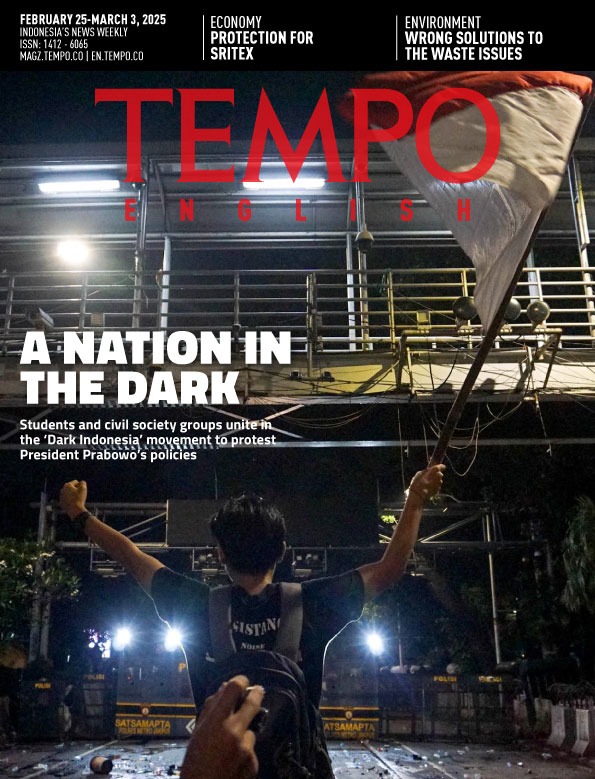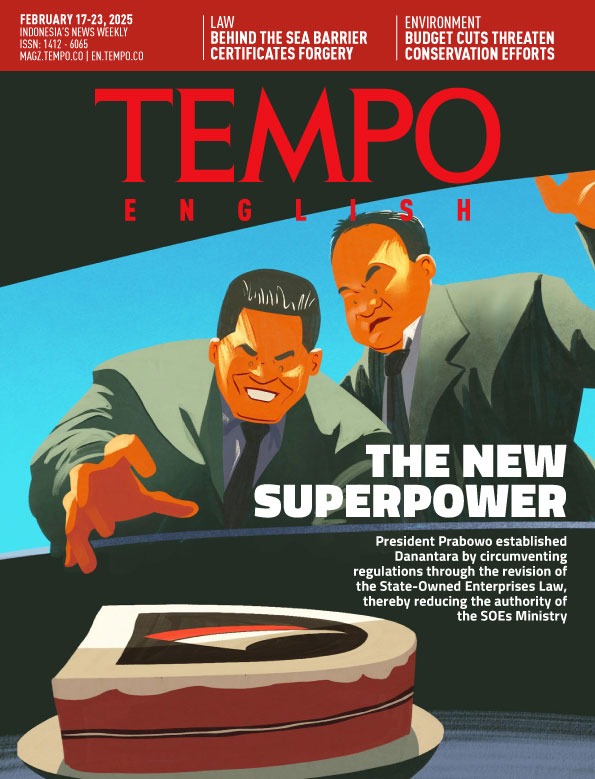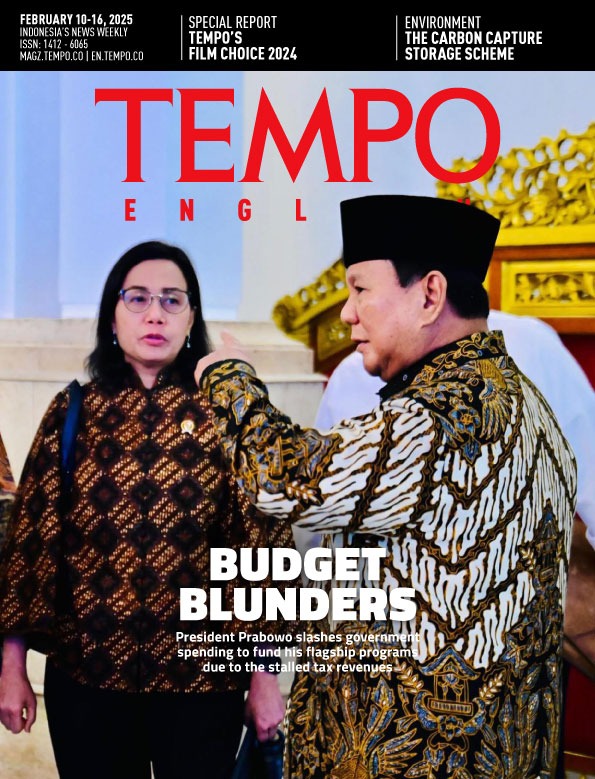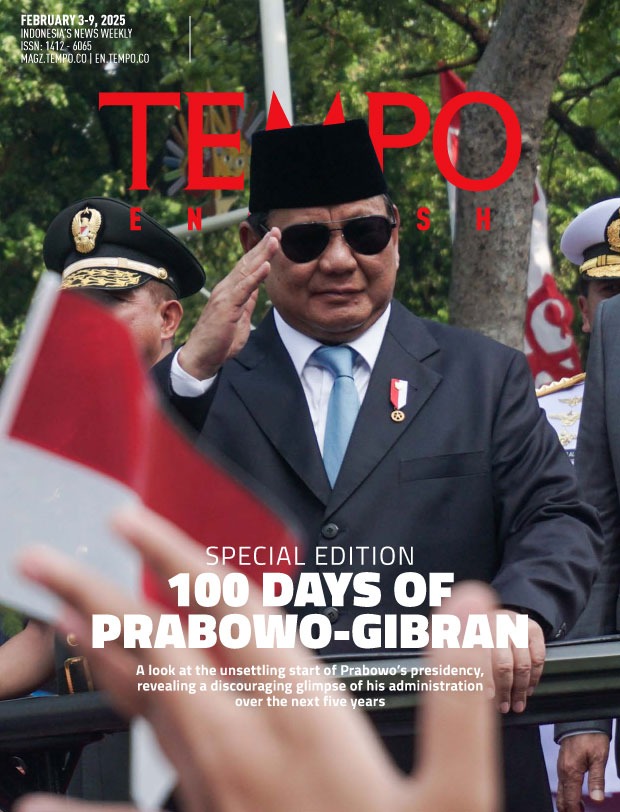Governor of Central Java Ganjar Pranowo: Returnees Will Be Sent Back
Tuesday, April 28, 2020
arsip tempo : 174043069910.
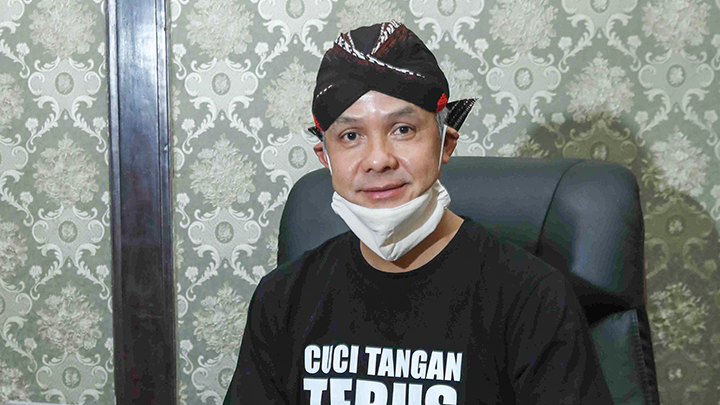
RATHER than the PSBB, he elected to focus on community awareness-raising to impede the Coronavirus Disease 2019 (Covid-19) pandemic. Data from the Covid-19 acceleration mitigation task force show, up to Saturday April 25, there were 575 corona positive cases in Central Java with 54 dead.
The Central Java government has prepared a community-based response to the pandemic using a promotional and preventive approach. Ganjar said, in the past two we
...
Subscribe to continue reading.
We craft news with stories.
 For the benefits of subscribing to Digital Tempo, See More
For the benefits of subscribing to Digital Tempo, See More





